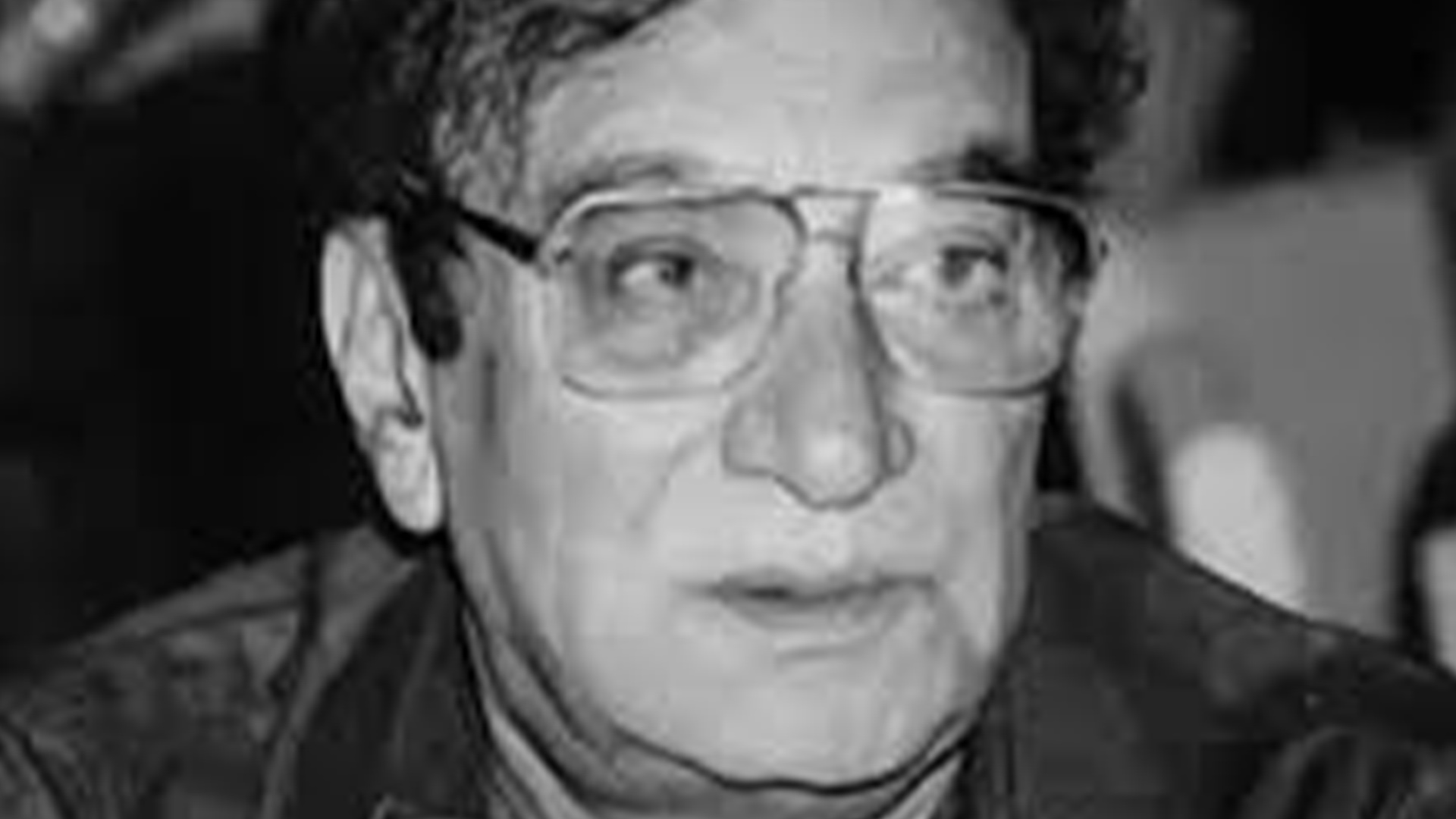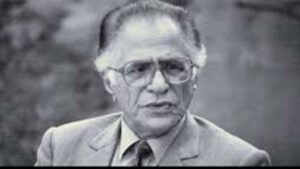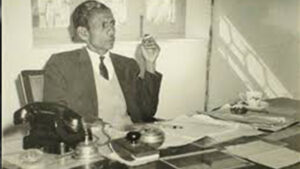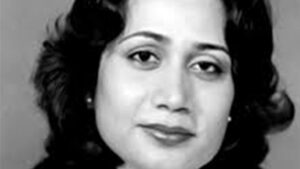Syed Ahmad Shah, widely recognized by his pen name Ahmed Faraz (12 January 1931 – 25 August 2008), was a celebrated Pakistani Urdu poet and scriptwriter. Known for his modern romantic poetry and resistance to authoritarianism, Faraz gained immense popularity not only for the emotional depth of his verses but also for his bold criticism of military rule and political oppression in Pakistan.
He served as the founding Director General (and later Chairman) of the Pakistan Academy of Letters, which underscored his pivotal role in shaping Pakistan’s literary landscape. Writing under the pseudonym “Faraz,” his works were celebrated for their lyrical beauty, humanism, and relatability, often drawing comparisons to legendary poets like Faiz Ahmed Faiz. His open dissent against military regimes led to exile during periods of dictatorship, further cementing his legacy as a fearless advocate for freedom and justice.
Faraz’s poetry continues to resonate with readers for its universal appeal, exploring themes of love, loss, resistance, and humanity.
Initial Stages
Ahmed Faraz, born as Syed Ahmad Shah on 12 January 1931 in Kohat, hailed from a Pashtun Syed family. His father, Syed Muhammad Shah Bark, was a notable figure, and his brother, Masood Kausar, later served as the Governor of Khyber Pakhtunkhwa.
Faraz’s family moved from Kohat to Peshawar, where he pursued his education. He attended Edwardes College in Peshawar and earned his Master’s degrees in Urdu and Persian from Peshawar University. During his academic years, Faraz found inspiration in the works of renowned poets Faiz Ahmad Faiz and Ali Sardar Jafri, who deeply influenced his literary outlook and style. These early encounters helped shape Faraz into the celebrated poet he eventually became.
Poetry Work
Ahmed Faraz is renowned for his contributions to Urdu literature and is credited with several acclaimed works, including:
- Tanha Tanha (1957)
- Janan Janan (1979)
- Be Awaz Gali Kuchon Mein (1984)
- Shab Khoon (1987)
- Nayaft (1988)
- Pas-e-Andaz-e-Mausam (1990)
- Dard-e-Ashoob (1991)
- Sab Awazein Meri Hain (2002)
- Ghazal Bahana Karoon (2002)
- Boodluck (2005)
- Aye Ishq-e-Junoon Pesha (2007)
- Shahr-e-Sukhan Aarasta Hai (2013)
- Partan (Punjabi translation)
- Mere Khwab Reza Reza
Career
Ahmed Faraz’s poetry gained widespread recognition and popularity when renowned singers such as Mehdi Hassan, Noor Jehan, Ghulam Ali, Pankaj Udhas, Jagjit Singh, and Runa Laila lent their voices to his ghazals, performing them in films and live concerts. Their renditions brought Faraz’s verses to audiences across the globe, enhancing his literary fame.
In addition to his poetic achievements, Faraz served as the Chairman of the National Book Foundation in Islamabad, Pakistan, further contributing to the country’s literary and cultural development.
Political Activities
Ahmed Faraz’s bold and outspoken poetry often targeted authoritarian regimes, leading to his arrest during the rule of General Zia-ul-Haq. His poems criticizing the military rulers resulted in his detention, after which he opted for a self-imposed exile. He spent three years abroad, residing in Britain, Canada, and various parts of Europe before eventually returning to Pakistan.
Upon his return, Faraz continued his contributions to the literary world. He was appointed as the Chairman of the Pakistan Academy of Letters, a prestigious role in promoting literature in the country. Later, he also served as the Chairperson of the National Book Foundation in Islamabad, a position he held for several years, cementing his influence on Pakistan’s literary and cultural heritage.
Death
In early 2008, Ahmed Faraz suffered a fall in Baltimore, Maryland, leading to hospitalization in Chicago, sparking rumors of his death. However, he recovered sufficiently to return to his homeland, Pakistan. Later that year, on 25 August 2008, Faraz passed away due to kidney failure, as confirmed by his son, Shibli Faraz.
His funeral took place on the evening of 26 August 2008, attended by numerous admirers, literary figures, and government officials. He was laid to rest in the H-8 Graveyard in Islamabad, leaving behind a profound literary legacy cherished by fans worldwide.
Heritage
Ahmed Faraz is regarded as one of the most significant revolutionary poets in the Urdu language. He is often acclaimed as one of the most influential modern Urdu poets of the last century, celebrated for his powerful and evocative writing. Faraz’s poetry reflects both deep emotional resonance and political commentary, making him a voice for the oppressed and a critic of authoritarian regimes.
His felicity with words is evident in much of his work, characterized by a remarkable economy of expression. He had the unique ability to weave layers of meaning into concise lines, which made his poetry both accessible and profound. This talent for succinct yet layered expression highlights Faraz’s mastery as an artist with unparalleled command over his craft. His verses continue to captivate and inspire generations of readers and listeners worldwide.
Honors and Credits
Ahmed Faraz was first honored with the Sitara-i-Imtiaz by the Government of Pakistan, and later received the Hilal-e-Imtiaz in 2004 from President Pervez Musharraf. However, in 2006, Faraz returned the Hilal-e-Imtiaz as a form of protest against the actions of the Musharraf regime.
After Faraz’s passing on 25 August 2008 in Islamabad, the Government of Pakistan posthumously awarded him the Hilal-e-Pakistan in recognition of his monumental contributions to poetry and Urdu literature, solidifying his enduring legacy in the cultural and literary history of the country.




Great poet all time
All time favorite poet